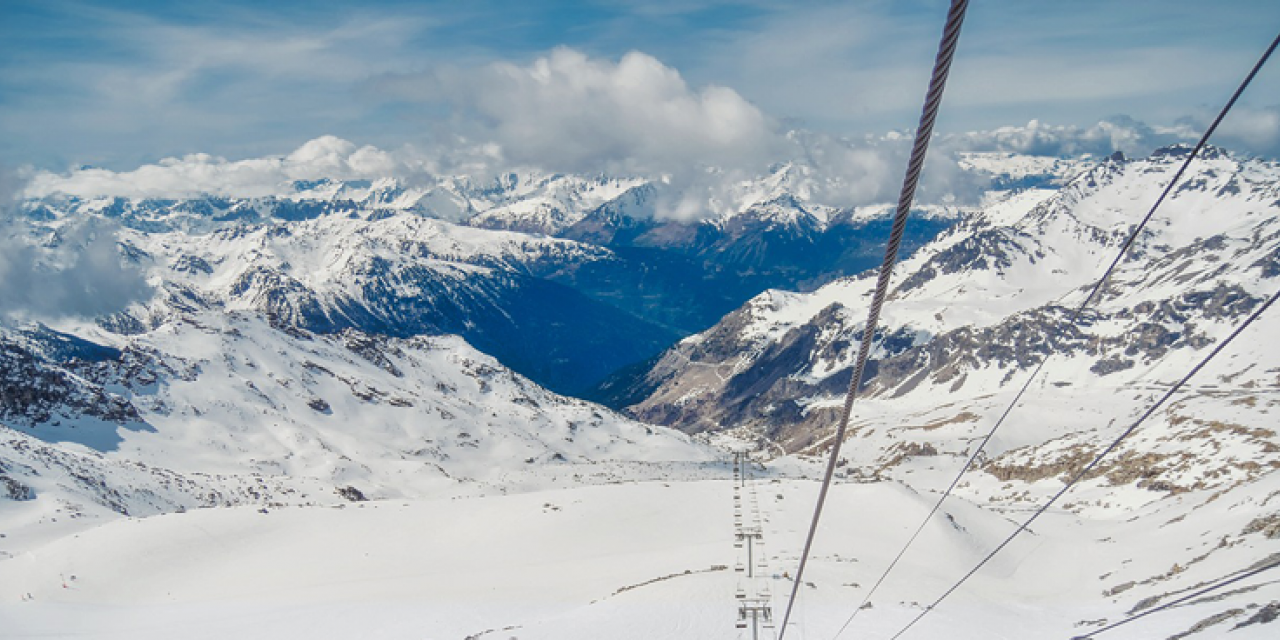In dicey situations, minutes can decide over life and death of a patient. Especially then, helicopter operations are an important part of emergency services.
Compared to international standards, Austria - with its 38 helicopter locations - has one of the best air rescue systems. An average of 23.000 operations per year - but the expenses are high. Depending on the situation, an operation can easily cost several thousand Euro. In July 2015, the Main Association of Austrian Social Security Organisations and all Austrian air rescue operators agreed on a so called direct billing arrangement. This removed uncertainties regarding the costs after emergency flights.
Important facts for patients
- For the first time, a regulation applies to all operators and locations in Austria. The patient does not receive a bill, regardless of which helicopter company rescued him.
- The patient will no longer be charged, as the billing is handled directly between the rescue service and the social insurance agency. However, accidents on mountains that happened during leisure activities are excluded.
- Helicopters have to be requested via a supra-regional control center.
Important exception: Accidents on mountains
People who got injured during leisure activities on a mountain, e.g. hiking, climbing or skiing, face a completely different situation. When they need air rescue, their bill won't be small. The direct billing is based on the argument that the patients voluntarily went on the mountain and are therefore responsible for the costs of their rescue.
The actual costs of a rescue operation can't be predicted as they depend on the respective situation on-site. A fast and easy salvage may be charged with about 2000 Euro, whereas a complicated rescue from difficult terrain can add up to 8000 Euro. Operations are calculated on a per minute basis. It is therefore impossible to set a standard tariff as it is related to type and duration of the rescue.
The Health Insurance Fund may bear some of the costs in medically dramatic cases, but that's only a fixed sum that won't cover all expenses. Injuries are categorized with an eight-level scale called NACA scheme (National Advisory Committee for Aeronautics Scheme). If the rescue is in fact medically justified, a lump sum of 849.93 Euro is paid. However, the actual amount for the helicopter operation usually is around several thousands of Euro.
Private protection
Consumers who are often in the mountains should therefore consider a private insurance that would step in if necessary.
That may be an existing private casualty insurance or the membership at nature or hiking associations or automobile clubs. Insurances of this sort are often provided by several mountaineering or skiing associations and automobile clubs. Travel insurances, e.g. in combination with a credit card, may cover rescue expenses due to helicopter operations.
It is recommended to carefully read the conditions of the insurance policy. More information regarding private insurances are provided in our article.
Special case work accident / school ski trips
If accidents on mountains happen during work (e.g. cabin manager, lift attendants or students on a school ski trip), no additional insurance for rescues is necessary. As the accident didn't happen during leisure time, all expenses will be covered by social health insurance.
Rescue abroad
Private protection is also advisable for holiday trips abroad (more information here). Make sure to always carry your E-Card with the European Health Insurance Card (EHIC) on the back. It applies to medical treatments during temporary stays in EU Member States, EEA states and Switzerland.
Austrian patients with an EHIC are entitled to the same access to the public health system as residents of the respective countries. Helicopter operations abroad are calculated by Austrian tariffs, so a full coverage is not guaranteed. It is therefore recommended to have private insurance. More information about the EHIC can be found in our article.
Tips from the ECC
Insurance. If you spend time in the mountains or like to ski, you should consider protection. Check out if an association or private insurance provides good coverage for your needs. In case you already have a travel insurance, read the conditions of the policy carefully.
The most important emergency numbers. Ambulance 144, mountain rescue 140, European emergency number 112.
E-Card. Always take your E-Card with the European Health Insurance Card on the back with you, if you travel abroad. Keep invoices of doctors or hospitals for evidence purposes.









